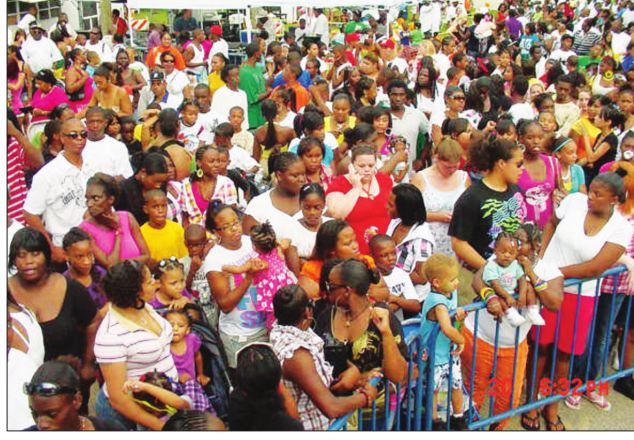Nuisance businesses can significantly impact the quality of life in a community. Whether it’s excessive noise, illegal activities, or other disruptive behavior, addressing these issues is crucial for maintaining a safe and vibrant city. In New Orleans, several strategies and initiatives aim to curb nuisance businesses and protect residents.
Padlock Laws: A Powerful Tool
The New Orleans City Council recently voted to give the police chief authority to shut down nuisance businesses. This authority is granted through what’s commonly known as the “padlock law.” Here’s how it works:
- Identification of Nuisance Businesses: When a business is deemed a nuisance—due to criminal activity, disturbances, or other violations—a civil court judge can declare it as such.
- Padlocking and Closure: Once declared a nuisance, the police can padlock the business, effectively shutting it down. This closure can last up to two years.
- Civil Penalties: In addition to closure, the business may face civil penalties. These penalties serve as a deterrent and encourage compliance with regulations.
Baltimore’s Influence
The New Orleans padlock law draws inspiration from a similar initiative implemented in Baltimore. Former New Orleans police chief Michael Harrison modeled our city’s statute after Baltimore’s successful approach. By adapting proven strategies, New Orleans aims to reduce crime and improve the overall business environment.
Chronic Nuisance Ordinance
In February 2023, the New Orleans City Council adopted the “Chronic Nuisance” ordinance. This ordinance targets properties that consistently contribute to public nuisances. Key points include:
- Occupational License Restrictions: Properties deemed chronic nuisances may be prohibited from holding occupational licenses for up to two years.
- Residential Exemption: The ordinance does not apply to residential properties, ensuring that homeowners are not unfairly affected.

Noise Ordinance Enforcement
Beyond padlock laws, New Orleans enforces noise ordinances. Businesses violating noise regulations can face misdemeanor charges, fines, and even restraining orders. Each day of violation constitutes a separate offense, emphasizing the importance of compliance.
Seeking Relief: A Community Effort
While padlock laws and ordinances play a vital role, neighbors can also take action:
- Local Noise Ordinances: Neighbors can pursue claims under local noise ordinances. If a business disrupts the peace, residents should report it to the authorities.
- Alcohol Control Boards: Empowering local alcohol control boards with broader enforcement power allows them to address nuisance-related issues more effectively.
To report a nuisance business in New Orleans, residents have a few options:
- Call 311: You can dial 311 to report properties as blighted or get updates on the status of prior complaints. The City of New Orleans uses this centralized service for various non-emergency requests and information.
- Visit the One Stop App: Visit the One Stop App to search for existing violations by address, name, or number. It provides a convenient way to access information related to blight and code enforcement.
- Contact the Department of Code Enforcement:
- Phone: (504) 658-5050
- Email: Department of Code Enforcement
- Address: 1340 Poydras St, Suite 1100, New Orleans, LA 70112
- Code Enforcement ensures compliance with City Code and enforces building codes against properties deemed public nuisances. Their goal is to protect public health, safety, and welfare.
Conclusion
Stopping nuisance businesses requires collaboration between law enforcement, city officials, and residents. By implementing robust laws, enforcing regulations, and encouraging community involvement, New Orleans can create a safer, more pleasant environment for everyone.
Remember, community engagement is essential. If you encounter a nuisance business, report it promptly to help maintain the vibrancy of our beloved city!

